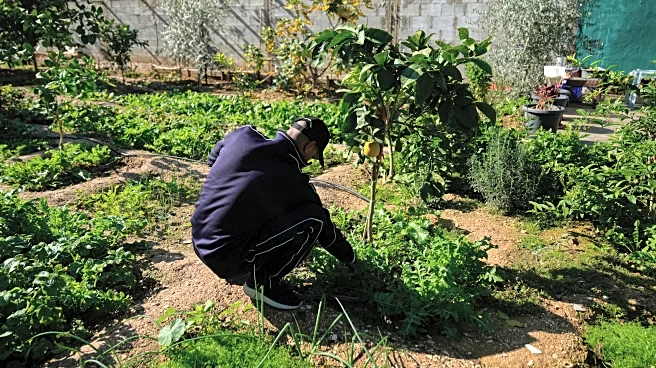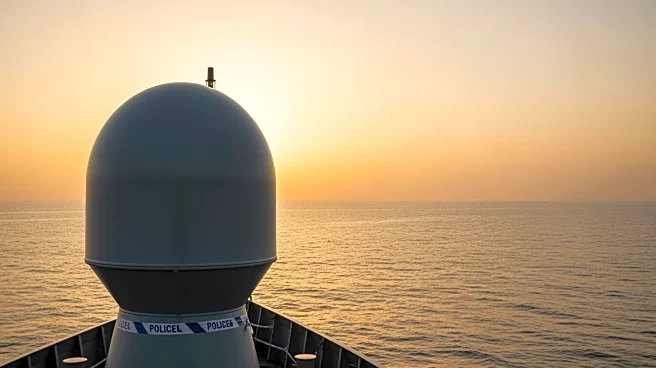What is the story about?
What's Happening?
In a recent news roundup, Israel has rejected certain claims while Yemen has intercepted a shipment of chemical weapons intended for the Houthi rebels. The shipment, reportedly from Iran, was seized by the Yemeni National Resistance, highlighting the ongoing complexities in the region. The interception is part of broader efforts to curb the influence of external actors in Yemen's internal conflict. Meanwhile, protests in Yemen, predominantly by Houthi supporters, continue to demonstrate solidarity with Palestinians, reflecting the intertwined nature of regional conflicts.
Why It's Important?
The interception of chemical weapons is a significant development in the context of regional security and the humanitarian situation in Yemen. It underscores the challenges faced by Yemen in managing external influences and the potential escalation of violence. For Israel, the rejection of claims may be part of its strategic positioning in the region, as it navigates complex diplomatic and security challenges. The ongoing protests in Yemen also highlight the broader geopolitical tensions, with implications for regional alliances and conflicts.
What's Next?
The situation may lead to increased diplomatic efforts to address the smuggling of weapons and reduce external interference in Yemen. Israel's denial of claims could prompt further discussions or negotiations to clarify its stance and address regional security concerns. The Yemeni National Resistance may seek additional support from international allies following the successful interception, potentially influencing the balance of power in the conflict. The protests in Yemen could continue to impact regional dynamics, with potential implications for peace efforts.














